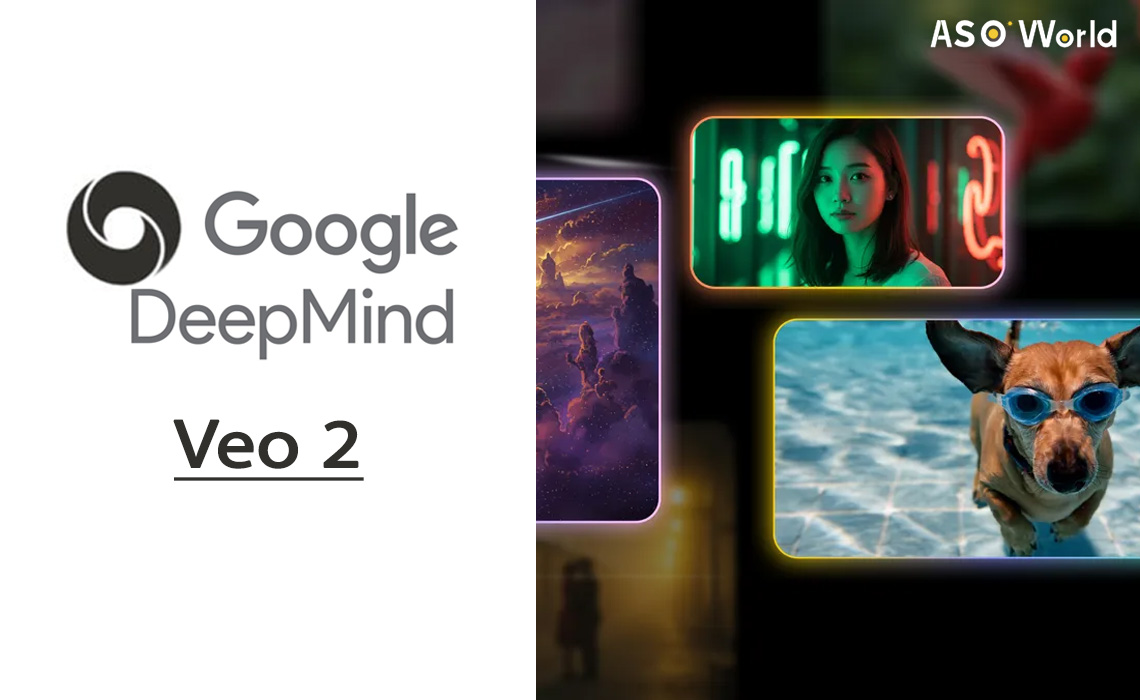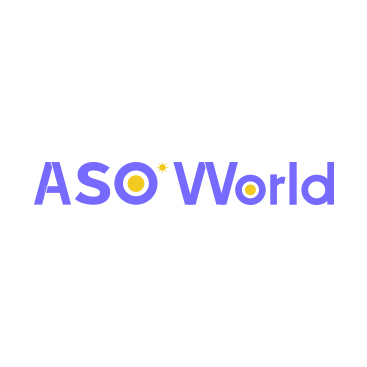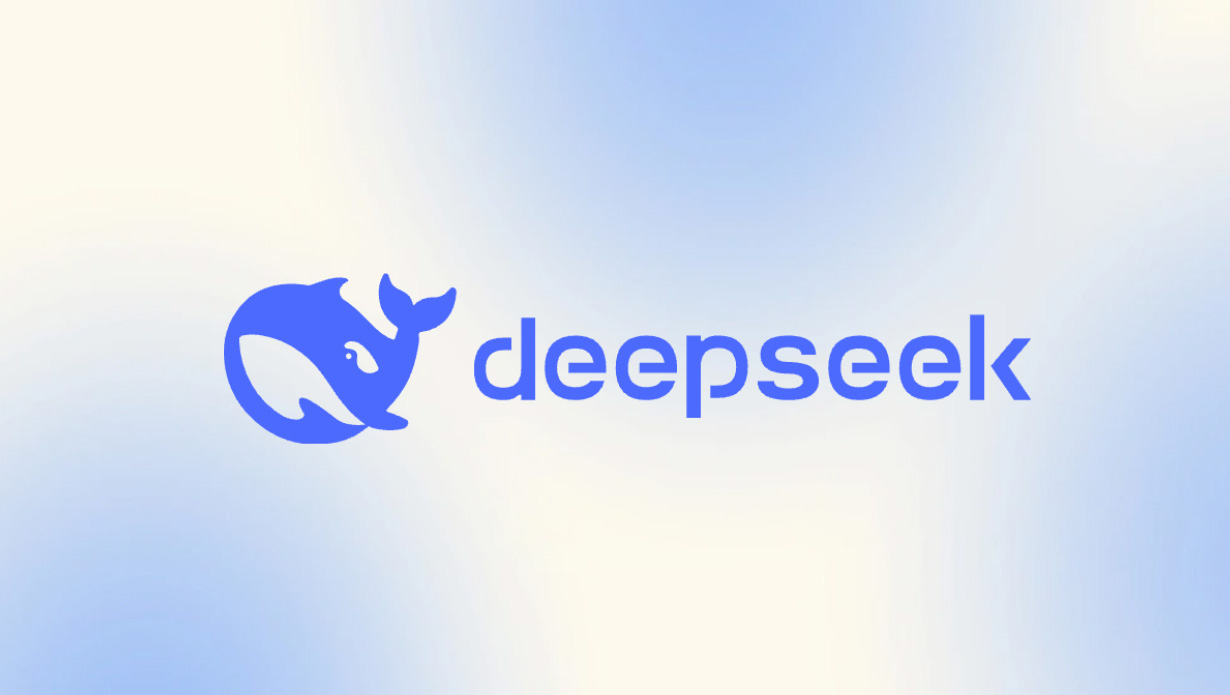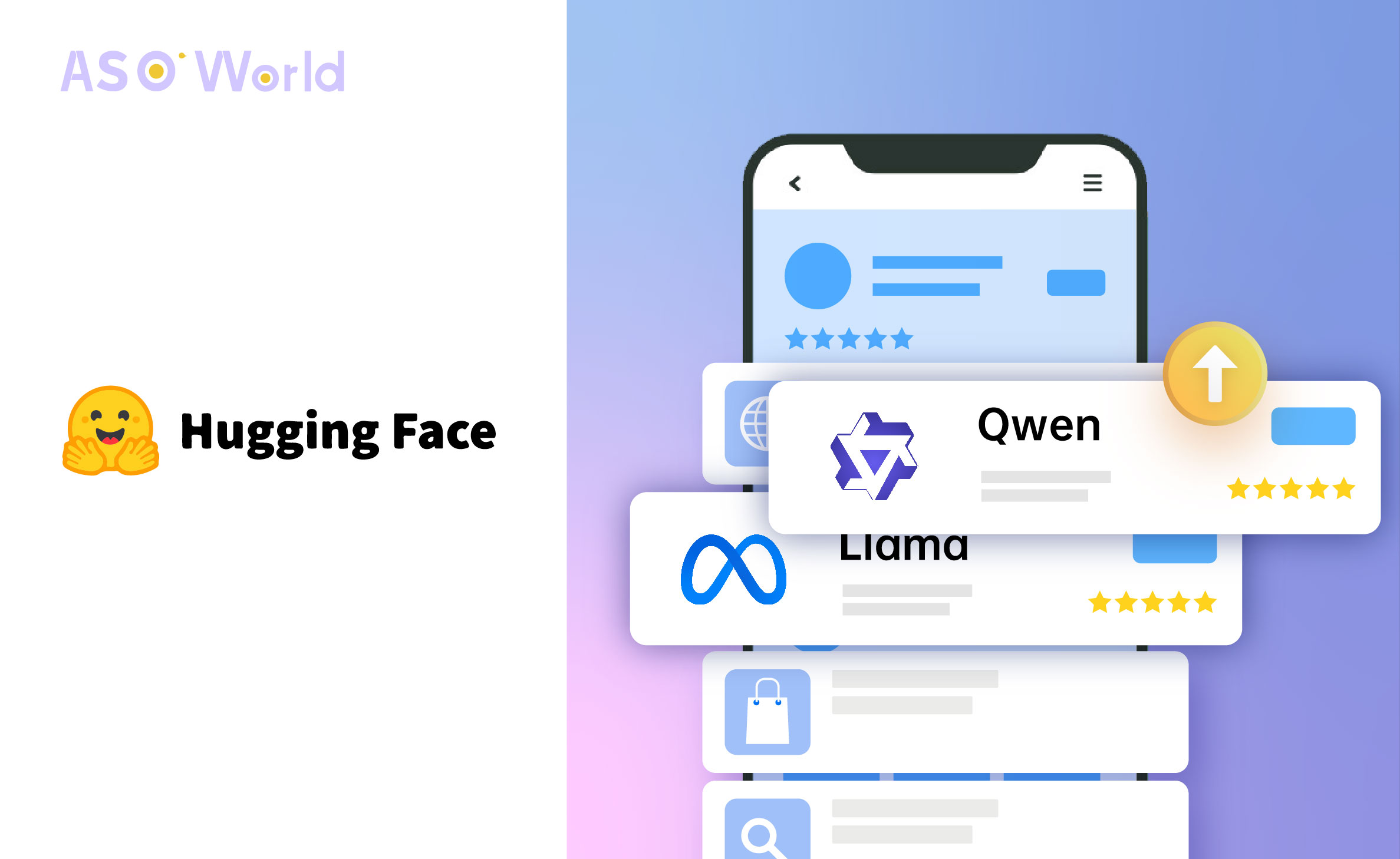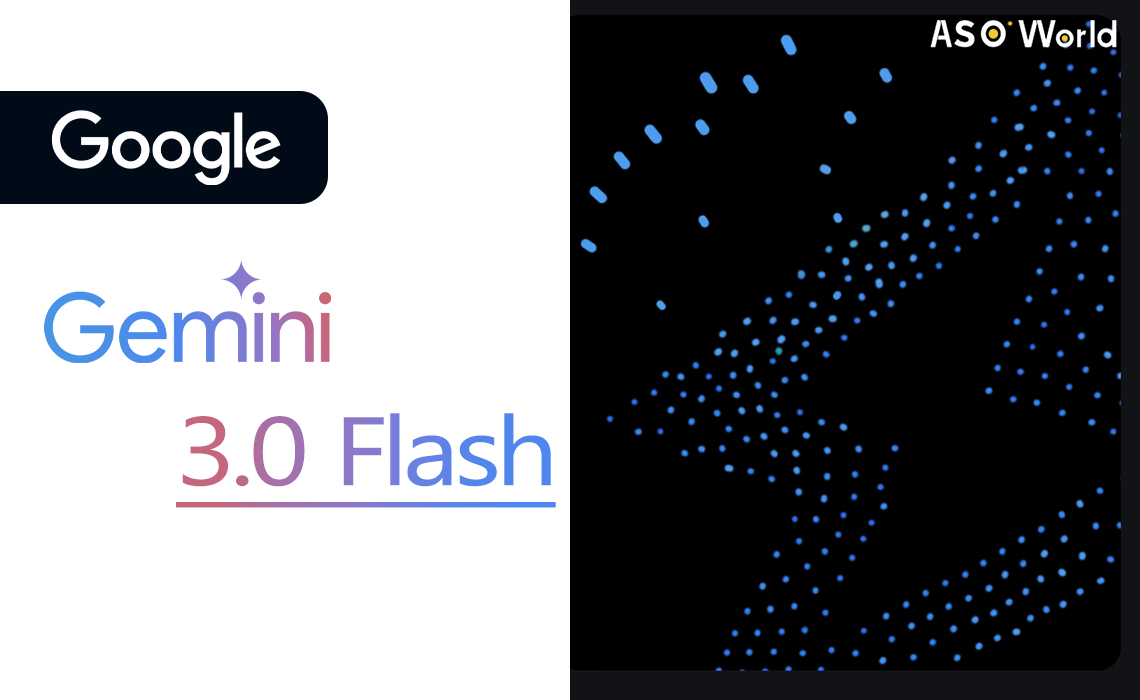Google has unveiled its latest AI video generation model, Veo 2, marking a significant advancement in the field of synthetic media.
This announcement comes on the heels of last week's Gemini 2 launch and follows the recent release of OpenAI's Sora, which became publicly available after nearly a year of anticipation.
Advanced Features of Veo 2
Veo 2 boasts the capability to generate videos in stunning 4K resolution and up to two minutes in length. This new model exhibits improved comprehension of physical principles, human movement, and key cinematographic techniques such as lens selection and camera angles.
Each video produced with Veo 2 is embedded with SynthID digital watermarking technology, designed to identify AI-generated content and combat the rise of deepfakes.
Cinematic Language Mastery
One of the standout features of Veo 2 is its ability to interpret cinematic language. Users can define specific elements such as lens type and camera angles, allowing for the creation of visually captivating shots.
For instance, users can request dynamic tracking shots or intimate close-ups, showcasing the model's potential for creative professionals looking to quickly prototype ideas.
Limitations and Practical Use
Despite its impressive capabilities, Veo 2's practical application is currently limited. While it can theoretically produce high-quality 4K videos, the public interface through VideoFX currently restricts output to 720p resolution and a maximum duration of eight seconds.
The DeepMind team acknowledges that the model still faces challenges, particularly in maintaining consistency during complex scenes or intricate movements.
Future Integration Plans
Veo 2 is seen as a major upgrade from its predecessor, which was launched in May. Google has plans to incorporate this new model into various platforms, including YouTube Shorts, in 2025. Interested users can join a waitlist for VideoFX through Google Labs to gain access to the model.
Editor’s Comments
Veo 2 represents a significant stride in AI video generation, offering enhanced capabilities that could reshape creative workflows.
However, its current limitations highlight the ongoing challenges in achieving seamless video production. As Google integrates this technology into mainstream applications, the potential for innovative content creation will continue to expand.
